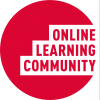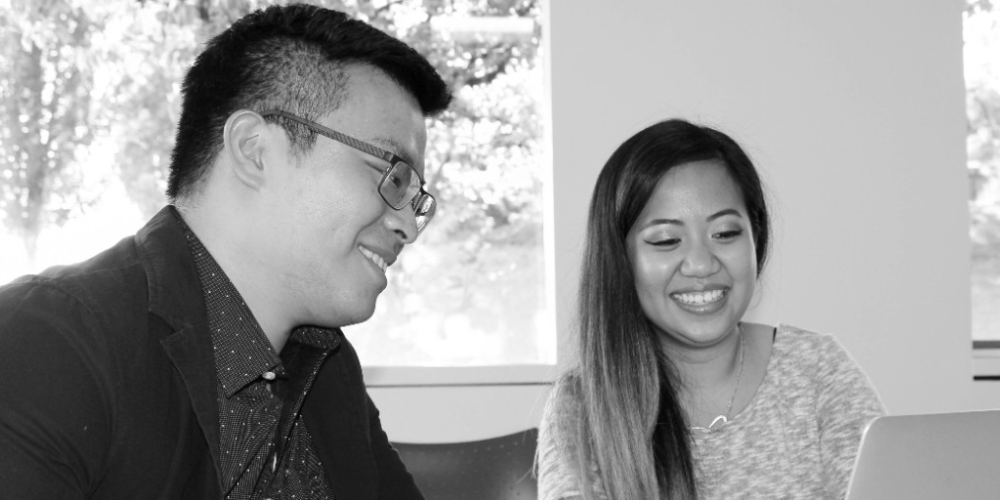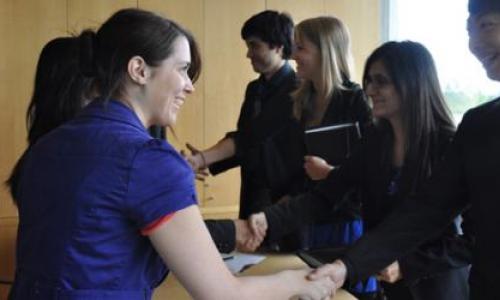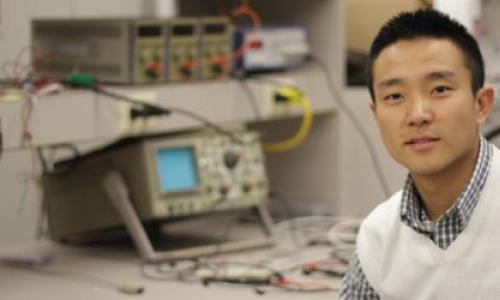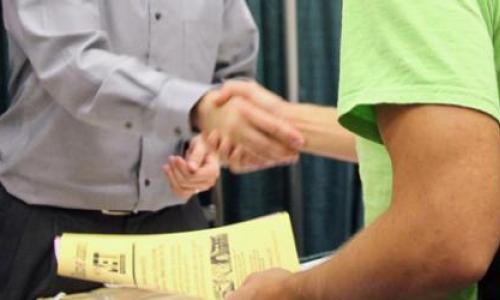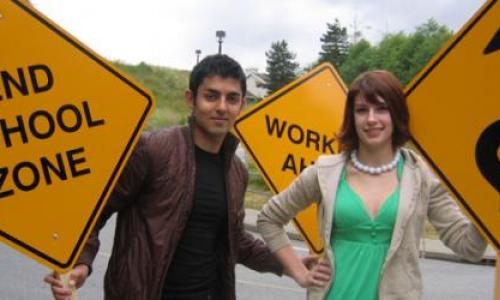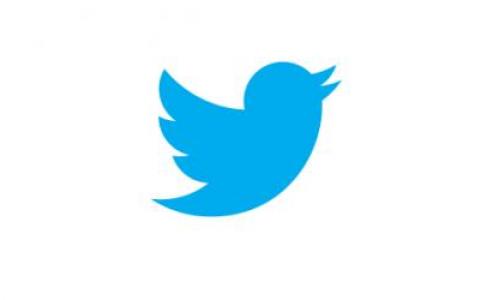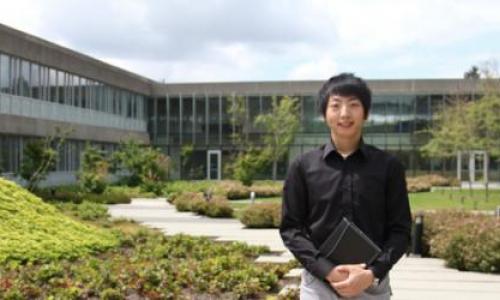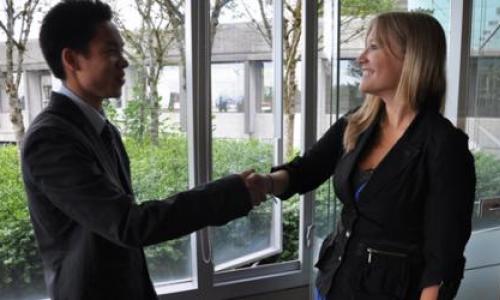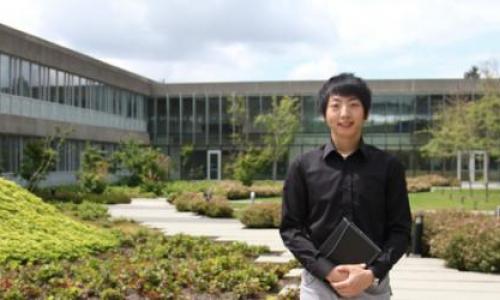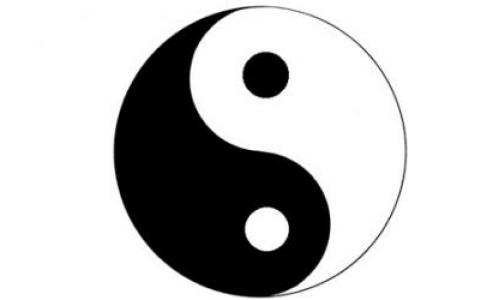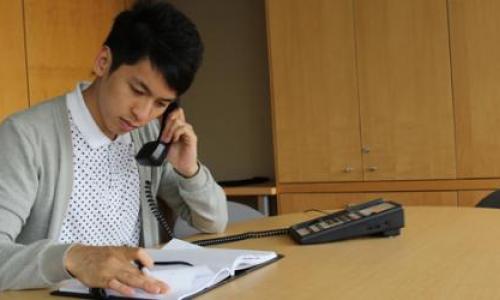In today’s competitive job market, no matter what field or industry you are in, the key to discovering the hidden job market is through networking. It’s all about “who knows you”. Networking involves mutually connecting and building a relationship with others at a personal and professional level as sources of information and support.
Someone once said that you should write about what you know. So when I was asked by one of the Peer Education Coordinators to write a career-related blog for their website, I felt compelled to write about the process of applying for graduate school, as I am currently applying for several schools myself.
Have you ever thought about working in a place that you are familiar with? Perhaps a Tim Horton’s close by? For many students the idea of working at SFU might be a great option, if you prefer a 10 minute jaunt to work after class or an opportunity to learn more about how a university operates.
Ever since we were young, we all had dreams of becoming something big, something extravagant. But as we grow up, we begin to realize that our changing interests, abilities and what the economy has to offer often shapes our career aspirations.
So you have graduated from university and are hanging your well-earned degree on your bedroom wall, and all of a sudden, a tiny, yet unavoidable voice in the back of your head is quietly screaming “No time to celebrate, you need to find a job!” or “I’ve got my degree…what do I do with it?!’.
Going to an interview used to be so simple. What could be easier? Well, maybe a lot of things, but at least steps 1 through 4 were pretty straightforward. Right? I mean, what could possibly go wrong with introducing yourself and shaking hands?
It was because of this very question that I landed on my current job today. I was then a student staff with SFU Student Development. The department played a central role in organizing campus events and programs, and to this day I am still amazed at my supervisor’s ability to accomplish everything she sets out to do.
We are now the post modernists. We are slowly moving away from the target population of advertisements into the strange and illustrious world of being grown-ups, having jobs, and being self sufficient. We are also unfortunate enough to be the “in-between” generation in terms of technology. Our parents, while inferior in email technology, excel at verbal communication.
There was a time when I didn’t know what informational interviews were. Little did I know that I could contact people who had positions that sounded interesting and ask about what they did! Can you imagine how shocked I was when I found out, I wondered why would anyone want to help me?
“You’re going to teach English overseas eh? Sounds cool. So what kind of ‘real’ job are you going to do when you get back?” I hadn’t planned that part yet, but my friend’s comment stung a bit and made me second guess my decision. Maybe he was right. My overseas experience would be a useless footnote in my work history.
Transitions! Sleeping to waking, travelling from home to work and back again and switching from task to task are some of the more common every day transitions that people experience. Most aren’t life-changing and take place on a regular basis, so we tend not to think about them when they occur.
Ever wonder what exactly makes a good impression when it comes to business? With my new job under my belt, I’ve networked and met several influential individuals. Upon introducing myself, shaking hands and getting to know these people, I have come to realize that there is a certain business etiquette that everyone that hopes to make a good impression should know.
Transitions! Sleeping to waking, travelling from home to work and back again and switching from task to task are some of the more common everyday transitions that people experience. Most aren’t life-changing and take place on a regular basis, so we tend not to think about them when they occur.
If there’s someone who knows about the terrifying journey that is the work search, it is Marissa Nahanee. She worked on many world class events, including the 2010 Vancouver Olympic Torch relay and visits by Princes Charles and Edward. But Marissa’s job did not just happen to her - she had to work for it.
If there’s someone who knows about the terrifying journey that is the work search, it is Marissa Nahanee. She was a panellist at the Indigenous Peoples Career Stories event on March 3, 2011. Marissa has worked on many world class events, including the 2010 Vancouver Olympic Torch relay and visits by Princes Charles and Edward. But Marissa’s job did not just happen to her – she had to work for it.
Do you want to hear directly from Career Peers about their thoughts on volunteering as a Career Peer? This article showcases reflections from Career Peers on their experience.
I am sure you have heard of the concept of taking a holistic approach to health. I first learned about this concept when I took an elective course in Kinesiology at SFU during my undergraduate degree. A holistic approach to health examines the physical, social, emotional and mental needs of a person to determine one’s overall wellness.
How accurate are you in predicting what a person’s career would be based on what they majored in university? Read a list of some of my close friends’ careers. Can you guess what their university majors were? Take this quiz and match the job title to the university major:
Compared to university graduates decades ago, students today are faced with an even greater number of career paths to choose from. How are we supposed to know which career to pursue? Despite graduating from Capilano College as a top student and valedictorian, Sean Aiken was not an exception.









